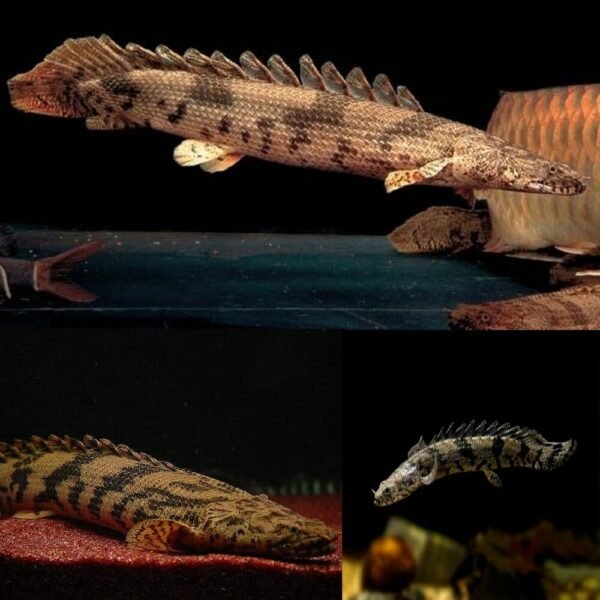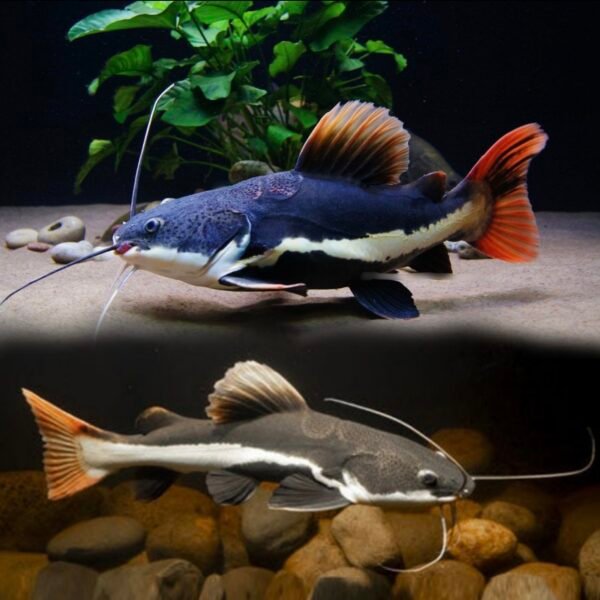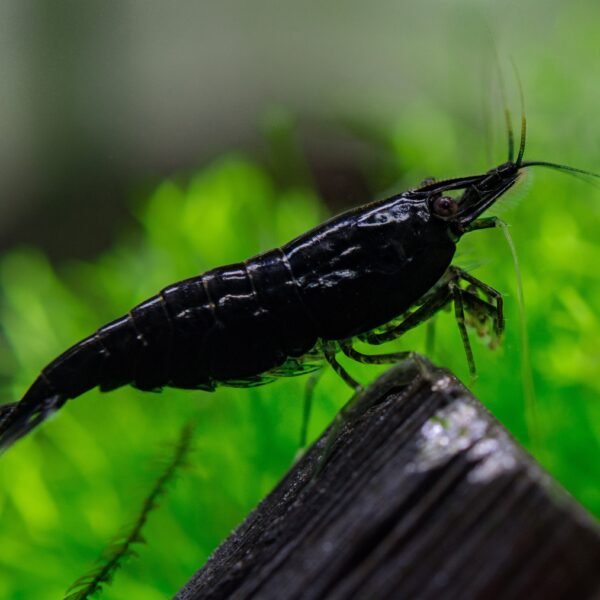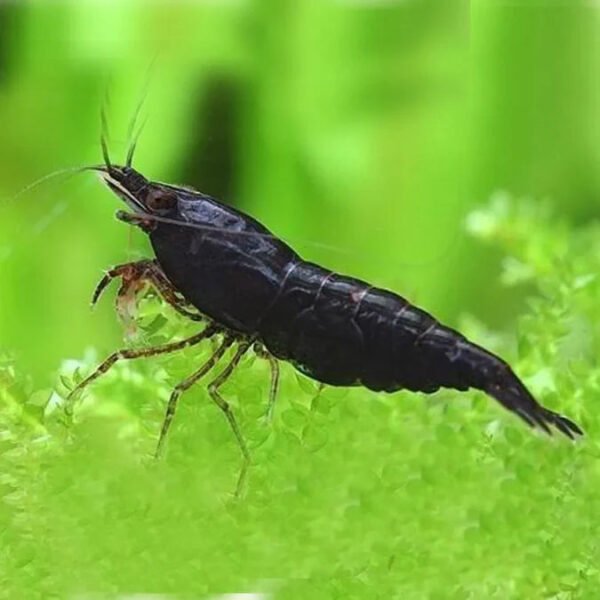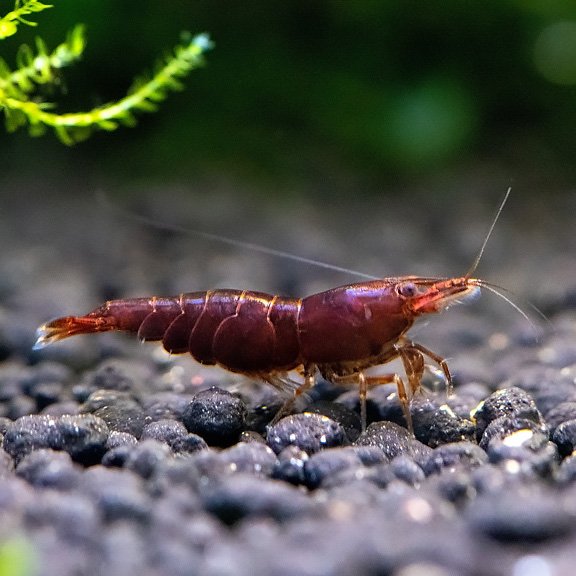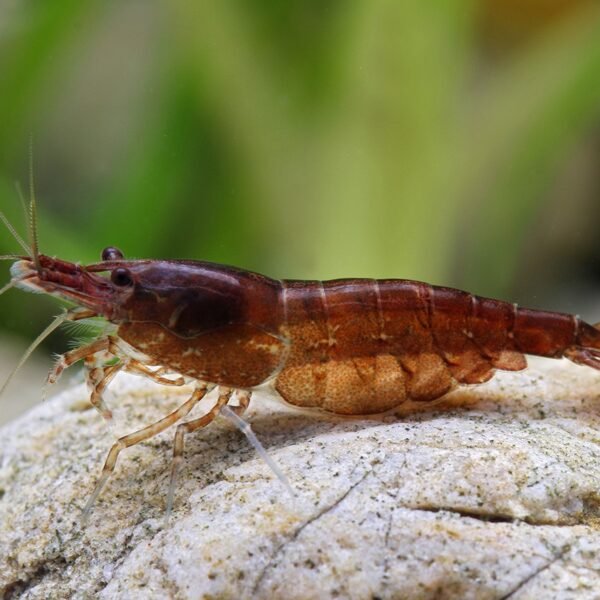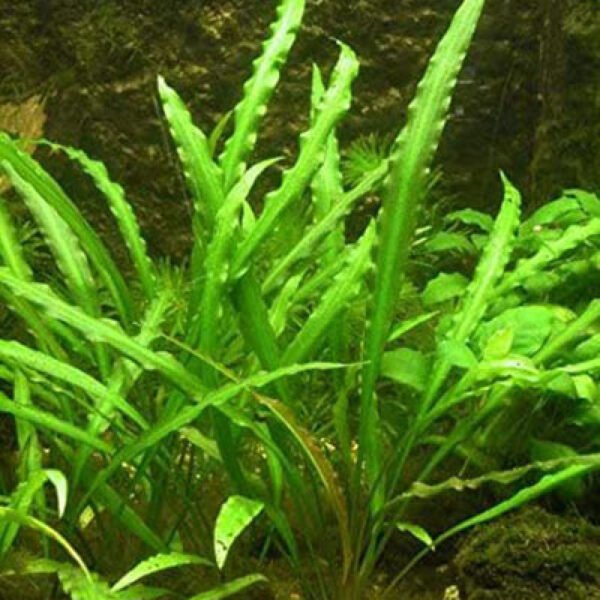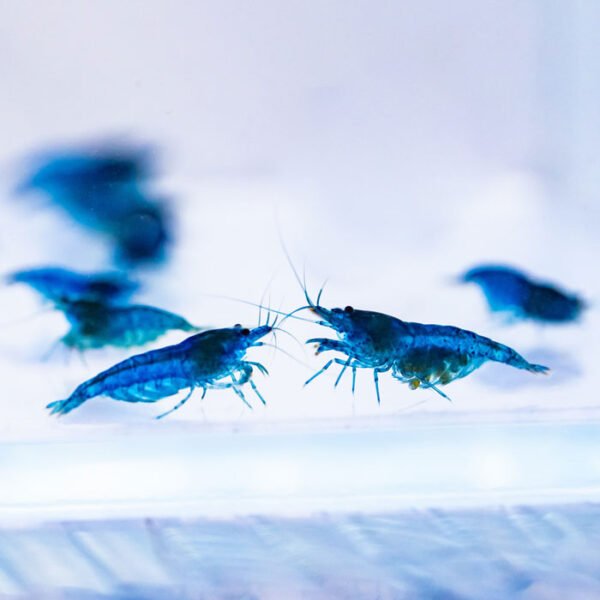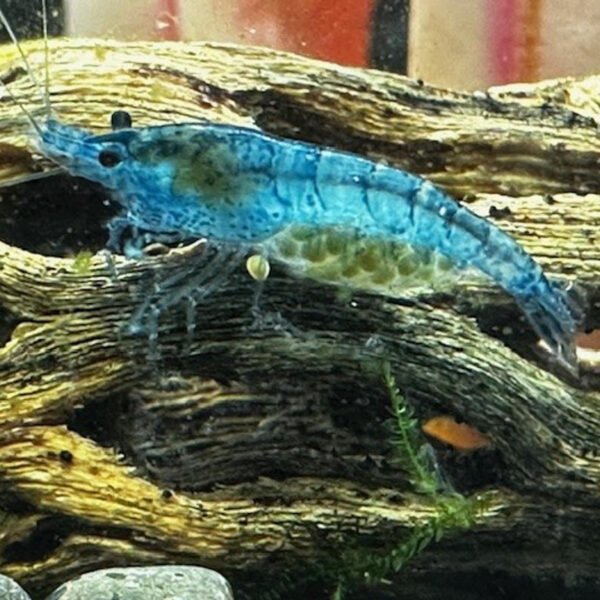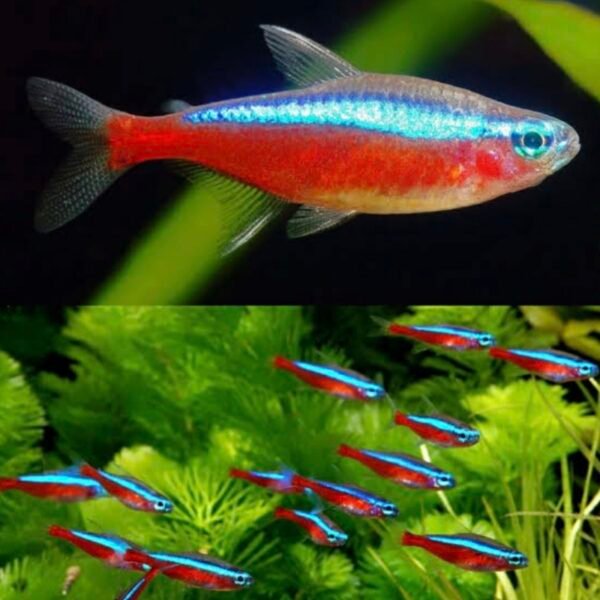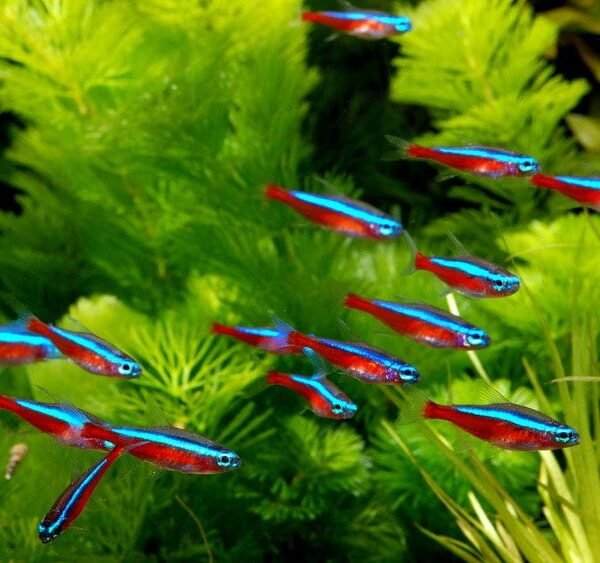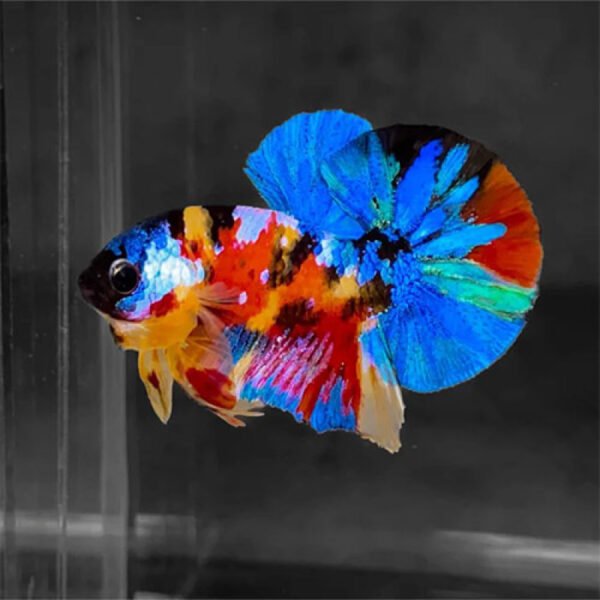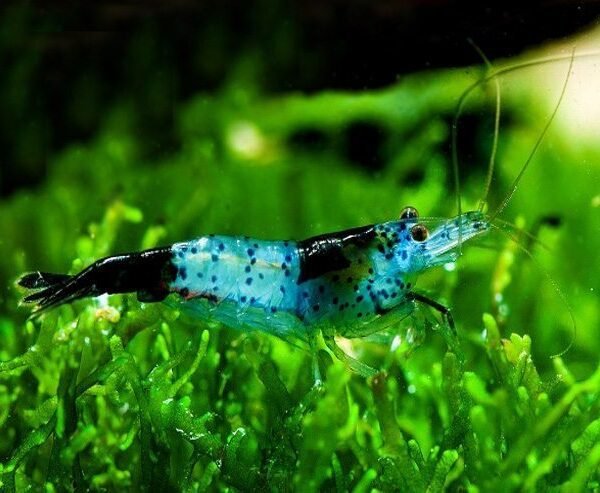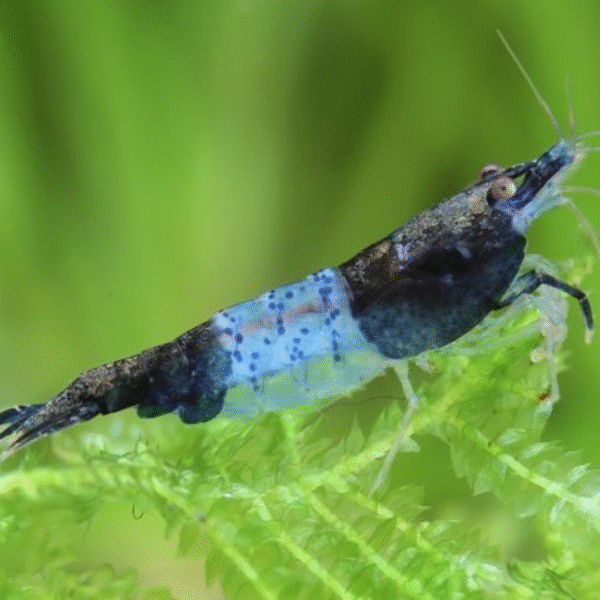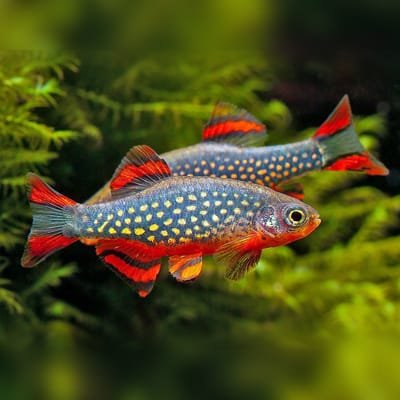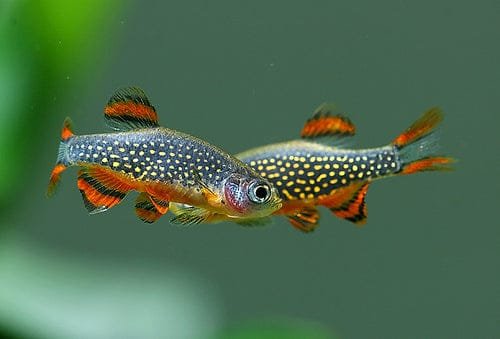Description
Delhezi Bichir (Polypterus delhezi)
📌 Basic Info
-
Scientific Name: Polypterus delhezi
-
Common Name: Delhezi Bichir / Armored Bichir / Band Bichir
-
Size: 12 – 16 inches (30 – 40 cm)
-
Lifespan: 12 – 15 years
-
Tank Zone: Bottom (sometimes mid at night)
🌊 Water Parameters
-
TDS (Total Dissolved Solids): 150 – 300 ppm
-
pH: 6.2 – 7.5
-
Temperature: 24°C – 28°C (75°F – 82°F)
-
Water Type: Freshwater, soft to moderately hard
-
Hardness: GH 5 – 15, KH 3 – 8
🐟 Characteristics
-
Attractive bichir with gray-green body and dark vertical bands/spots.
-
Hardy, active at night, and primitive → has lungs to breathe atmospheric air.
-
Slower growth compared to some larger bichirs.
-
Peaceful with large tank mates but predatory towards small fish.
🍽️ Food
-
Type: Carnivorous
-
Diet: Frozen shrimp, worms, small fish, prawn, sinking carnivore pellets, bloodworms.
-
Feeding Frequency: Once daily (juveniles can be fed twice daily).
🛠️ Maintenance
-
Tank Size: Minimum 100 gallons (375 L).
-
Weekly water change: 20–25%.
-
Use sand or fine gravel substrate with caves, driftwood, and rocks for hiding.
-
Sponge pre-filters or canister filters recommended (bichirs like gentle flow).
-
Tight-fitting lid → strong jumper.
👥 Social Behavior
-
Minimum Group Size: Can be kept alone or with other bichirs.
-
Tank Mates: Large peaceful/semi-aggressive fish – arowanas, oscars, datnoids, large catfish.
-
Avoid: Small/medium fish and shrimp → will be eaten.
✅ Do’s
-
Keep in large, well-covered tanks.
-
Provide hiding spots and dim lighting.
-
Feed protein-rich varied diet.
-
Acclimate slowly to new water conditions.
❌ Don’ts
-
Don’t keep with small fish.
-
Don’t leave aquarium uncovered.
-
Don’t overfeed fatty foods like beef heart (can cause health issues).
-
Don’t keep in very small tanks.
⭐ Quick Tips
-
One of the most beautiful bichirs due to its banded pattern.
-
Easier to keep than giant bichirs – good for aquarists starting with bichir species.
-
Prehistoric look makes it a centerpiece in large aquariums.

